In this article, we will be discussing screw press separators and comparing them to other separation technologies currently available in the market. Screw press separators have become a popular choice in various industries due to their efficiency and effectiveness in separating solids and liquids. We will delve into the features, benefits, and limitations of screw press separators, as well as compare them to other technologies to help you make an informed decision for your separation needs.
Screw Press vs Centrifuge: A Comparative Study
When it comes to the extraction of oil from various sources, two common methods are the screw press and the centrifuge. Both methods have their advantages and disadvantages, and it is important to understand the differences between the two in order to choose the best method for your specific needs.
Screw presses are known for their simplicity and reliability. They work by applying mechanical pressure to the source material, forcing the oil to be released. This method is typically slower than centrifugation but can be more cost-effective for certain applications.
On the other hand, centrifuges are known for their speed and efficiency. They work by spinning the source material at high speeds, causing the oil to separate from the solids due to centrifugal force. While centrifuges are faster than screw presses, they can be more costly and require more maintenance.
In conclusion, the choice between a screw press and a centrifuge will depend on your specific needs, such as production volume, cost constraints, and desired efficiency. Conducting a thorough comparative study of the two methods will help you make an informed decision for your oil extraction process.
Filter Press or Screw Press: Which Wins?
When it comes to choosing between a filter press and a screw press for your industrial application, there are several key factors to consider. Both types of equipment have their own advantages and disadvantages, so it’s important to carefully evaluate your specific needs before making a decision.
Filter presses are known for their excellent filtration capabilities and high pressure capabilities, making them ideal for applications that require high levels of solids removal. They are also well-suited for applications where the filtered material needs to be dewatered or dried.
On the other hand, screw presses are known for their ability to handle a wide range of materials, from sludges to slurries, and are often more compact and require less maintenance than filter presses. They are also more versatile in terms of the types of materials they can process.
Ultimately, the choice between a filter press and a screw press will depend on a variety of factors including your specific application requirements, budget constraints, and available space for equipment installation. Be sure to consult with a qualified engineer or equipment supplier to determine which option makes the most sense for your operation.
Screw Press Separators vs Belt Filters
When it comes to separating solid and liquid materials from industrial processes, two common methods are screw press separators and belt filters. Both have their advantages and disadvantages, and the choice between the two will depend on factors such as the specific application, volume of materials, and desired outcome.
Screw press separators are known for their high efficiency in dewatering applications. They are often used in industries where there is a high volume of liquid to be separated from solids, such as in food processing or wastewater treatment. Screw press separators operate by using a rotating screw to compress and dewater the material, resulting in a dry cake discharge.
On the other hand, belt filters are known for their versatility and ability to handle a wide range of materials. They are often used in industries such as mining, chemical processing, and pulp and paper production. Belt filters operate by passing the material through a series of belts that squeeze out the liquid, resulting in a solid cake discharge.
In choosing between screw press separators and belt filters, it’s important to consider factors such as the volume and type of material to be processed, as well as the desired level of moisture content in the final product. Consulting with a professional in the field of separation technology can help determine the best solution for your specific needs.
Evaluating Efficiency: Screw Press vs Traditional Methods
When evaluating efficiency in industrial processes, one common comparison that arises is the use of screw presses versus traditional methods. Screw presses have gained popularity in recent years due to their ability to efficiently extract liquids from solids in a continuous process.
Traditional methods, on the other hand, often involve manual labor and are generally slower and less consistent. This can lead to increased production costs and longer processing times.
To determine which method is more efficient for a specific application, it is essential to consider factors such as throughput, maintenance requirements, energy consumption, and overall productivity. Conducting a thorough cost-benefit analysis can help you make an informed decision on whether a screw press or traditional method is the best choice for your industrial process.
The Cost-Effectiveness of Screw Press Technology
Screw press technology has long been recognized as a cost-effective solution in various industries, including agriculture, food processing, and waste management. The efficiency and reliability of screw presses make them an attractive option for businesses looking to streamline their operations and reduce operating costs.
When comparing screw press technology to other methods of liquid-solid separation, such as centrifuges or belt presses, it is evident that screw presses offer a more economical solution. The initial investment in a screw press may be higher than other technologies, but the long-term cost savings in terms of reduced energy consumption, maintenance costs, and overall operational efficiency make them a wise investment for many companies.
Furthermore, screw press technology is known for its versatility and adaptability, allowing for continuous operation with minimal supervision. This is particularly advantageous for businesses with high-volume operations that require constant processing of materials.
In conclusion, the cost-effectiveness of screw press technology makes it a valuable asset for businesses looking to improve their bottom line and enhance their overall operational efficiency. Considering the long-term benefits and savings associated with this technology, it is clear that screw presses are a smart choice for companies seeking a reliable and economical solution for liquid-solid separation.

